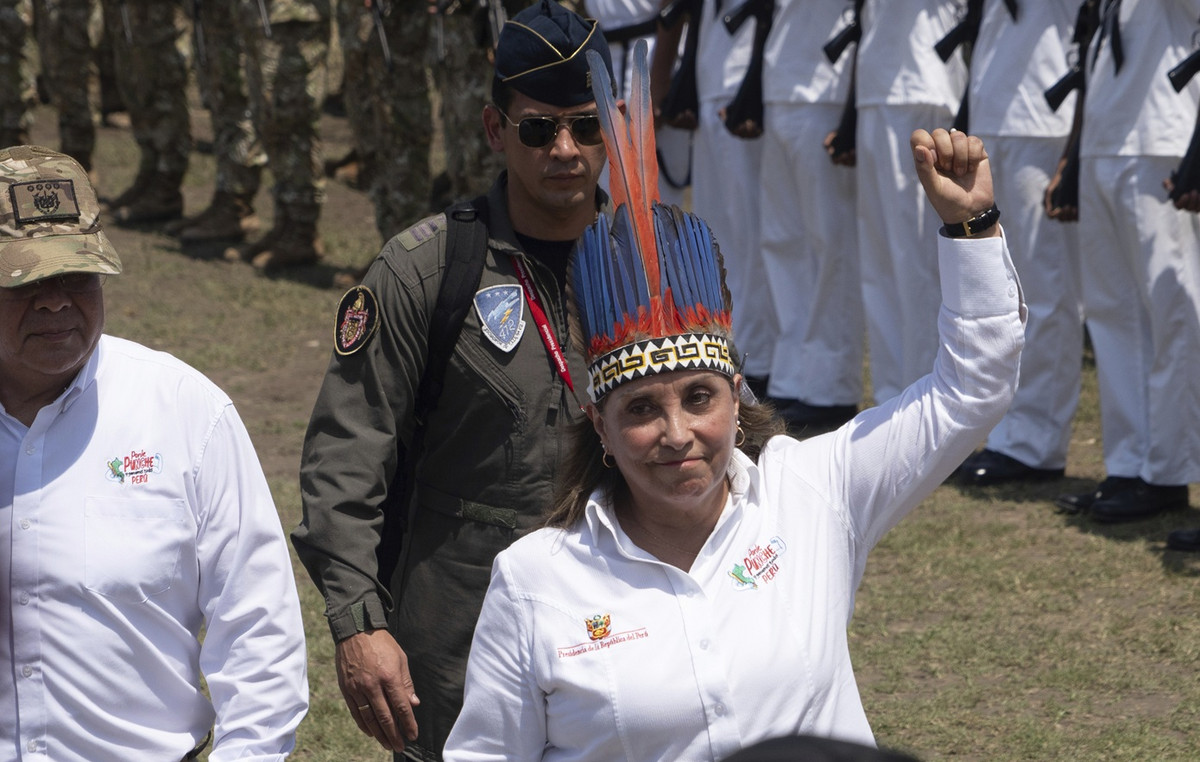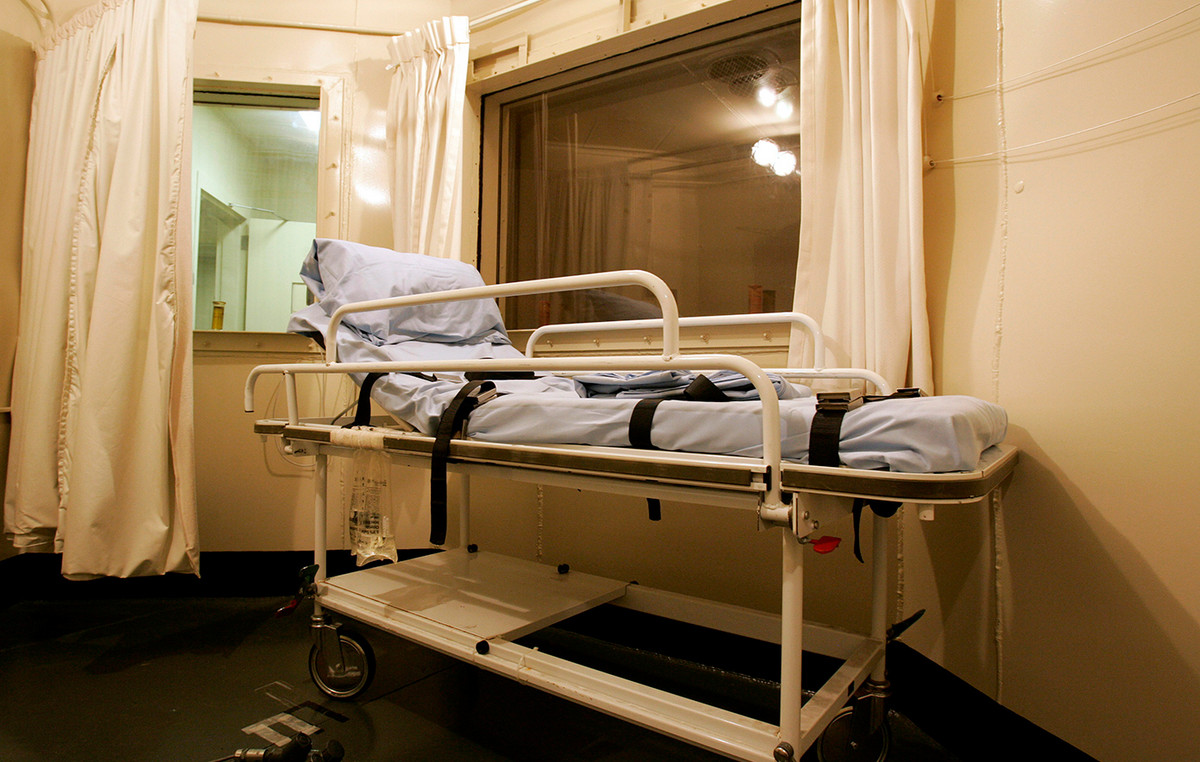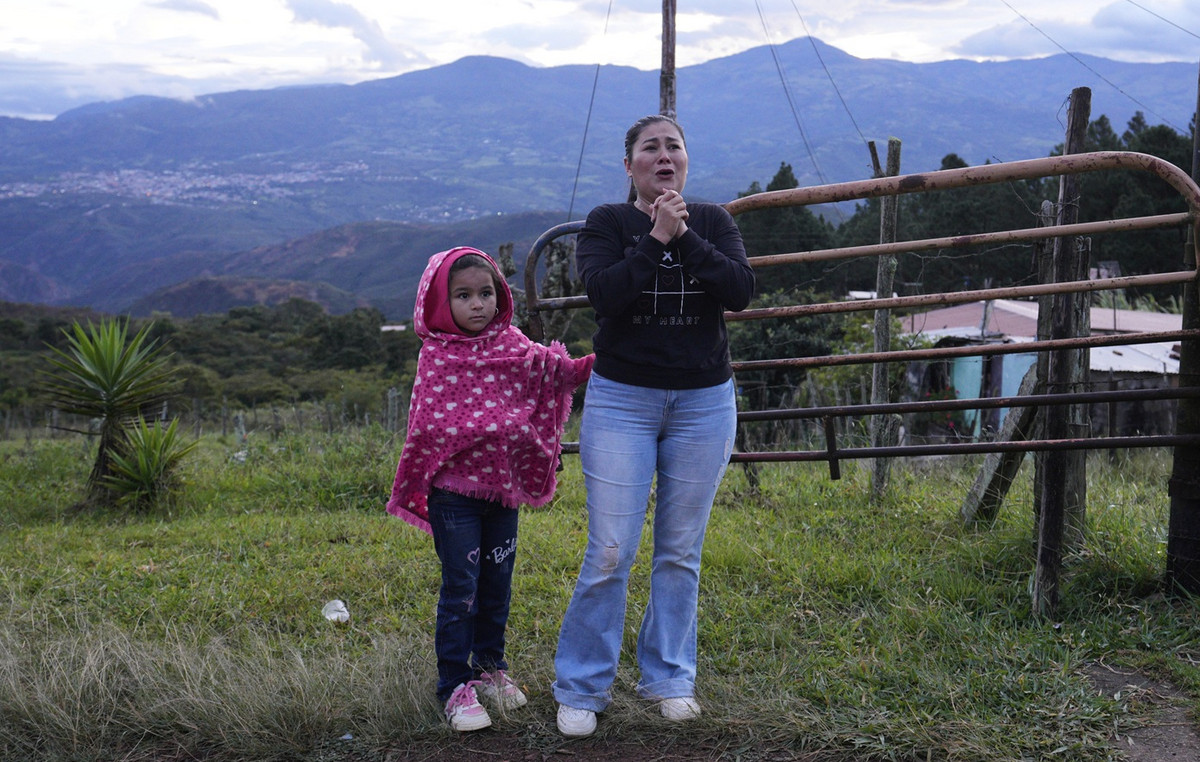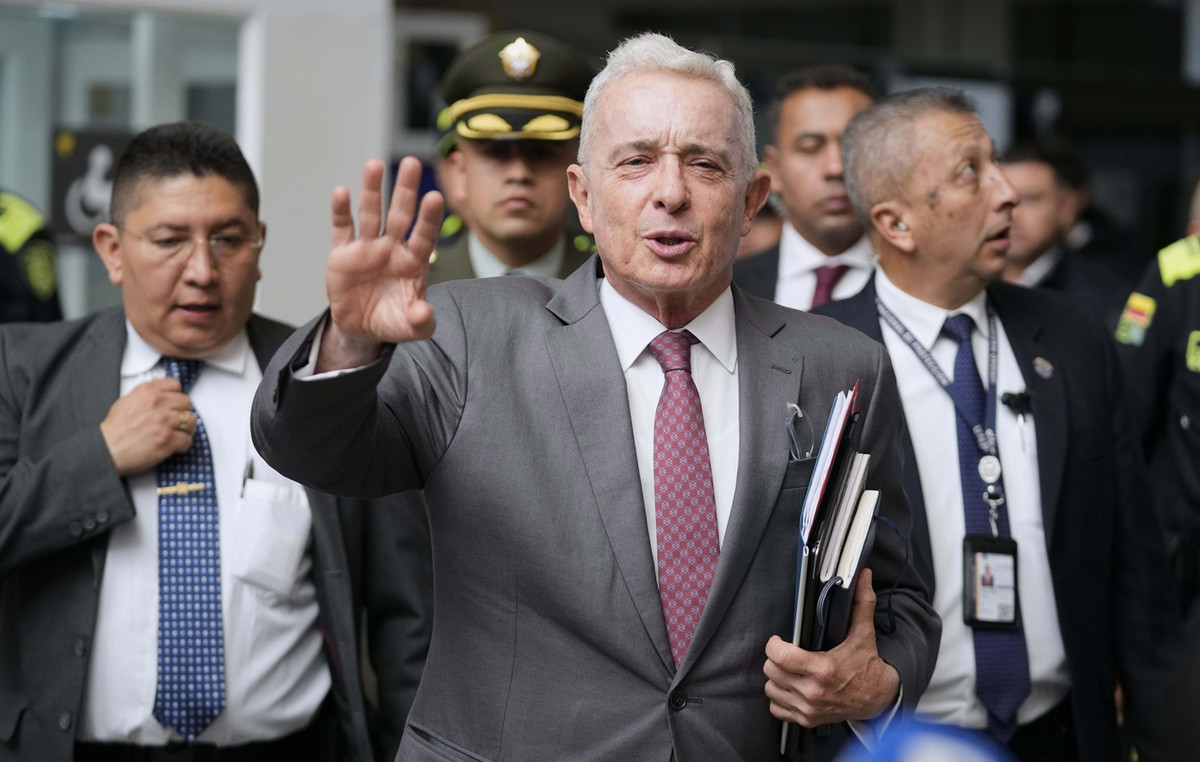World Autism Awareness Day, celebrated on April 2, highlights the challenges faced by families of people with Autistic Spectrum Disorder (ASD) in Brazil. The date, created by the UN in 2007, aims to promote knowledge about autism and the rights of people with this condition.
One of the main obstacles in the country is the lack of precise data on the prevalence of autism in the Brazilian population. Deputy Amon Mandel, the first parliamentarian who presents himself as autistic in the National Congress, calls this situation “data blackout”. To try to solve this problem, he proposed the project of the national portfolio of people with disabilities, which would include neurodivergents and could help in the first national survey on the subject.
Different degrees of autism and support needs
In the United States, one in 36 children aged 0 to 8 is estimated to have some degree of autism. In Brazil, the lack of research makes public policy planning difficult and access to appropriate treatments.
Autism is classified into three degrees, which require different support levels. Grade 1, considered mild, is often confused with other conditions such as depression or schizophrenia. Already degrees 2 and 3 require a much higher support level, which can result in high costs for families.
Legal challenges and access to treatments
Many families face judicial battles with health plans to ensure proper treatment for children and adolescents with autism. Judicialization has become a common way to ensure access to necessary therapies and interventions.
Amanda Marqueurreto, Mother of Leo, a child with autism that requires higher level of support, highlights the constant struggle of families: “It’s a challenge, they are obstacles, but we are here on April 2 reaffirming that we will continue.”
The importance of the support network
Frederico Afonso, the father of three children with autism, emphasizes the importance of the support network for atypical families: “I see today as the biggest problem of an atypical family is the support network, the support network. And more than looking at the child, the big problem is the family itself”.
The doctor Antonio Geraldo, president of the Brazilian Association of Psychiatry, warns of the difficulty in the diagnosis of adults with autism. Many develop camouflage strategies throughout their lives, which can mask the signs of the disorder.
As science advances in understanding autism, diagnosis and treatment are expected to improve. However, it is essential that society will continue to become aware of the subject, avoiding judgments and prejudices, and offering the necessary support for people with ASD and their families.
Autism: Understand the different levels, subtypes and treatments
This content was originally published on World Autism Day aims to make population aware of this picture on the CNN Brazil website.
Source: CNN Brasil
I am an experienced journalist and writer with a career in the news industry. My focus is on covering Top News stories for World Stock Market, where I provide comprehensive analysis and commentary on markets around the world. I have expertise in writing both long-form articles and shorter pieces that deliver timely, relevant updates to readers.







